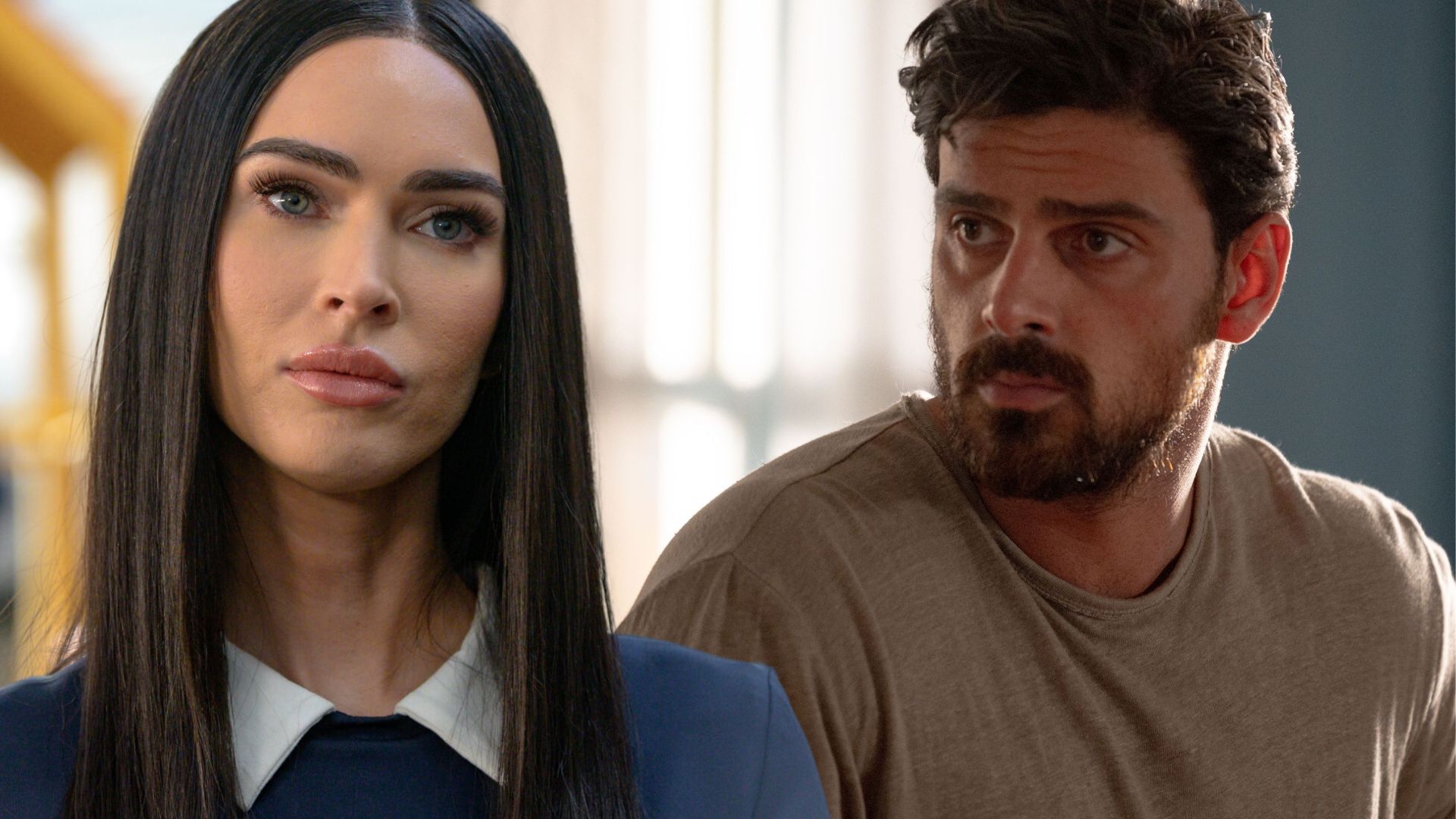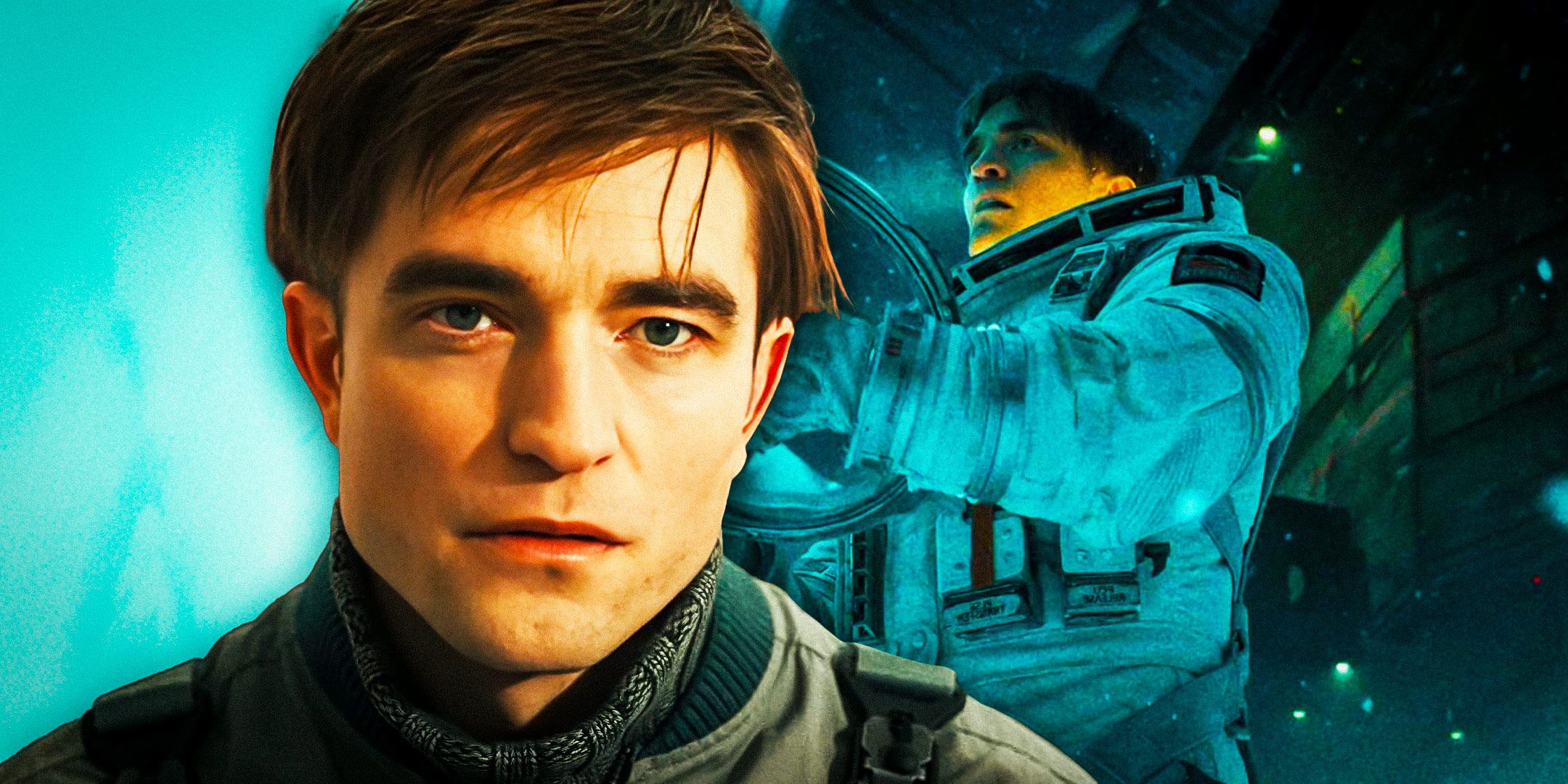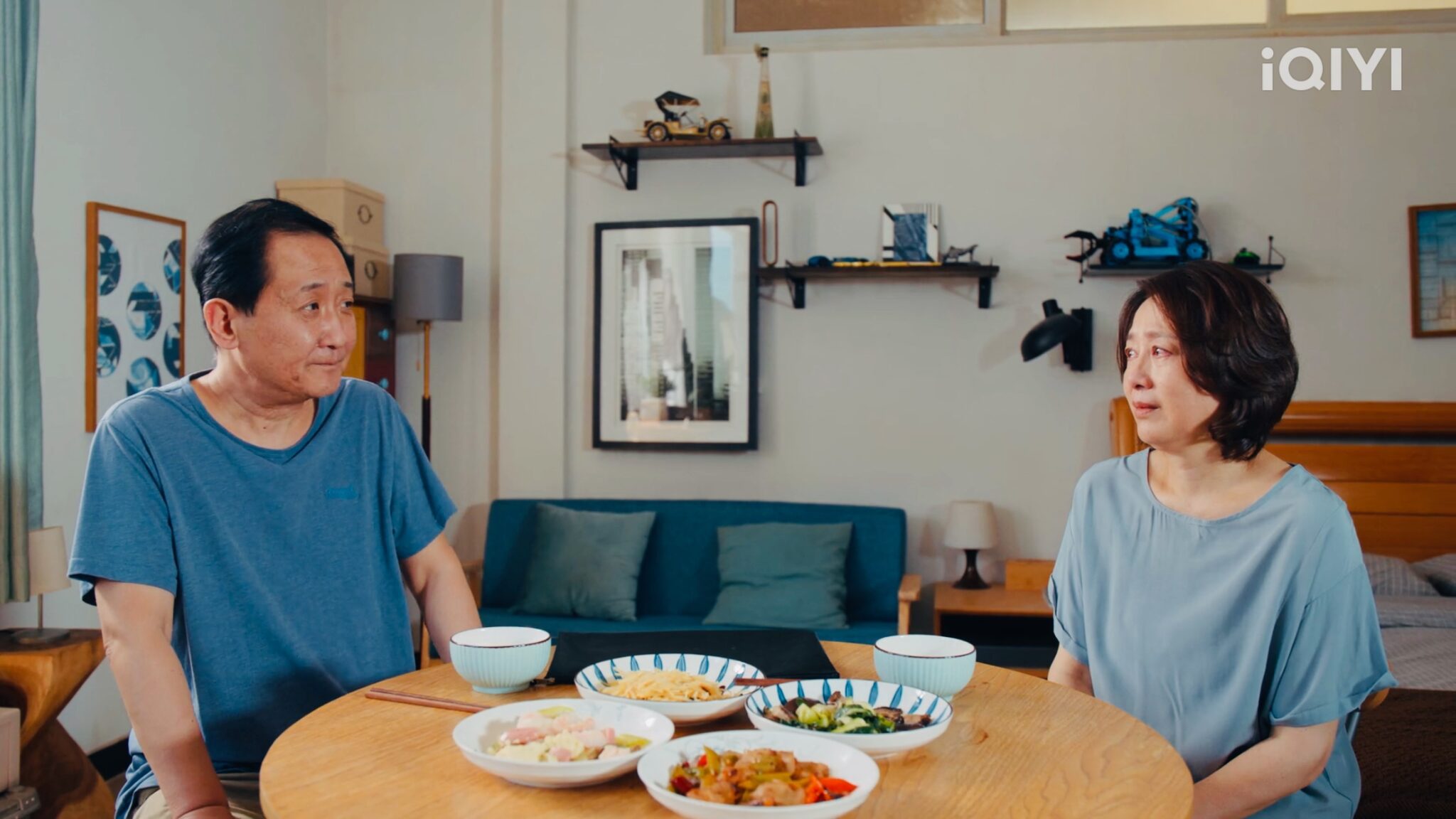Unpacking The `90 Feet From Home` Ending: A Deep Look At Its Powerful Resolution
Have you ever watched a movie that just sticks with you, long after the credits roll? So, for many, the film `90 Feet from Home` does exactly that, especially when we think about its very powerful ending. This movie, which delves into some really tough topics, leaves a pretty lasting mark on anyone who sees it, and a lot of that comes down to how everything wraps up. People often look for a clear explanation of what happens at the end, wanting to make sure they got all the important details.
The story of Scott and Thomas Conway, and their struggle to find some peace after a childhood filled with abuse, is at the heart of this movie. It’s a pretty intense journey, and the way the film concludes really brings everything together, making sense of the deep family issues and the characters' personal battles. It's almost like a puzzle, and the ending gives you the last piece, allowing you to see the full picture of what they’ve been through.
This article aims to help make sense of the `90 Feet from Home` ending explained, picking apart the key moments and revelations that shape its final scenes. We'll look at the crucial turns that bring about the resolution, helping you understand why this particular ending has such a strong impact. It's a story that explores the lasting effects of trauma and the challenging path to finding some form of justice or healing, which is that, a really big part of its appeal.
Table of Contents
- What `90 Feet from Home` is All About
- The Heart of the Matter: The Paternity Revelation
- Confronting the Past: Jimmy Devine's Role
- The Film's Lasting Impression and Themes
- Common Questions About the Film's Conclusion
What `90 Feet from Home` is All About
This film, `90 Feet from Home`, really tells a story that hits hard, focusing on a former professional baseball player named Scott Conway. He goes back to his small Texas hometown, and this return is not just a casual visit. Instead, it’s a very deliberate trip with a dangerous plan in mind. He wants to confront his abusive stepfather, Jimmy Devine, who, in a way, derailed his baseball dreams and, more importantly, broke his family apart. The movie, apparently, sets up this intense showdown right from the start.
Scott Conway's Troubled Return
Scott Conway, played by Adam Hampton, is a man carrying a lot of hurt. He was once a major league baseball player, but his past, specifically the abuse he endured, pulls him back home. His return is driven by a deep need for revenge against Jimmy Devine, portrayed by Shawn Michaels. This journey home is not just about a physical return; it's also about Scott facing his own personal demons that have haunted him for years. It's pretty clear that he's looking for some kind of closure, or maybe, a way to make things right after all this time.
The film shows us that Scott's life has been deeply shaped by the trauma he experienced as a child. His baseball career, something that could have been a source of great joy and success, was, in some respects, overshadowed by this past. His decision to come back is a desperate attempt to regain some control over his life, or perhaps, to finally put an end to the pain that has followed him. This return, you know, is a very pivotal moment for his character, setting the stage for all that follows.
The Weight of Childhood Trauma
The movie does a powerful job of showing the lasting effects of childhood abuse and family trauma. It's not just about Scott; his brother, Thomas Conway, also struggles with the aftermath of their upbringing. The film, in a way, paints a stark picture of how these experiences can impact people for years, shaping their relationships and their outlook on life. The narrative, too, makes it clear that finding justice and peace is a very complex process, not a simple one at all.
Many viewers, like some who shared their experiences, found the beginning of the movie quite emotional to watch, especially if they, too, grew up seeing domestic violence. This connection to real-life experiences adds a significant layer to the film's impact. The movie doesn't shy away from showing the raw pain and the deep scars left by such events, making it a difficult but important watch for many. It truly is, a story that resonates on a very personal level for some.
The Heart of the Matter: The Paternity Revelation
The resolution of `90 Feet from Home` really turns on a very significant moment: the revelation of a child's paternity. This piece of information is absolutely central to understanding the complex family dynamics that the film explores. It’s the kind of twist that, you know, reshapes everything you thought you knew about the characters and their relationships. This particular revelation, apparently, serves as the key to unlocking the full meaning of the film's ending.
This disclosure isn't just a plot device; it's a critical element that explains the deep-seated issues and the motivations behind the characters' actions. It helps viewers piece together why certain events unfolded as they did, and why the characters, especially Scott, are so driven by their past. The film builds up to this moment, and when it finally arrives, it brings a lot of clarity to the story's emotional core. It's a pretty big deal, actually, for the overall narrative.
Unraveling Family Secrets
The film, in a way, slowly pulls back the layers of family secrets, leading up to this major paternity reveal. This secret has, apparently, been simmering beneath the surface, influencing the lives of Scott, Thomas, and their mother. When the truth comes out, it forces everyone to confront the true nature of their family history and the extent of Jimmy Devine's impact. It’s a moment that, you know, really shakes things up for the characters and the audience alike.
This unraveling of secrets is what makes the ending so impactful. It's not just about the abuse itself, but also about the hidden truths that have perpetuated the cycle of pain. The film shows how keeping such a significant secret can affect generations, causing deep wounds that are hard to heal. It’s a pretty powerful way, actually, to show the weight of unspoken truths within a family unit.
Impact on Scott and Thomas
The paternity revelation has a profound effect on both Scott and Thomas Conway. For Scott, it likely recontextualizes his entire understanding of his childhood and his relationship with Jimmy Devine. It adds another layer to his desire for revenge and his struggle for peace. For Thomas, too, this information changes his perspective on their shared past and their family's true origins. It's a moment that, in a way, forces them both to re-evaluate everything they've ever known.
This new understanding of their family dynamics pushes the brothers towards a different kind of resolution. It’s no longer just about confronting an abuser; it becomes about understanding their own identities and their place within a fractured family. The revelation, you know, is a catalyst for a deeper kind of healing, or at least, a different path towards it. It changes the very nature of their quest for justice, making it more personal and, arguably, more complex.
Confronting the Past: Jimmy Devine's Role
Jimmy Devine, played by Shawn Michaels, stands as the central figure of abuse in the film. Scott Conway's entire return to his hometown is essentially a dangerous game plan aimed at confronting this man. The film, in a way, builds up to this confrontation, showing the deep-seated anger and pain that Jimmy Devine inflicted on the family. His presence, apparently, casts a very long shadow over the lives of Scott and Thomas.
The narrative makes it clear that Jimmy Devine's actions not only shattered the Conway family but also directly impacted Scott's professional baseball career. This connection between the past trauma and present-day struggles makes Jimmy a truly formidable antagonist. His role is not just about being abusive; it's about being the very source of the long-standing dysfunction that the brothers are trying to overcome. It's pretty clear, too, that his character is key to the film's conflict.
The Abusive Stepfather
The film portrays Jimmy Devine as a truly abusive stepfather, whose actions have left deep and lasting scars on Scott and Thomas. His character embodies the very essence of the family trauma that Brett Bentman, the director, wanted to explore. The movie, in a way, uses his character to highlight the devastating consequences of such behavior on children and, subsequently, on their adult lives. It’s a pretty stark portrayal, actually, of a very difficult subject.
Even though some early reviews mentioned "hammy performances" or "cheesy dialogue," the impact of Jimmy Devine's character on the story's emotional core remains undeniable. His presence is a constant reminder of the past, pushing Scott towards his risky plan. The film, you know, ensures that his role is central to the brothers' journey, making him the target of their efforts to find some form of peace and justice. He is, essentially, the reason for all the turmoil.
Seeking a Form of Justice
Scott Conway's return is largely about seeking justice, or at least, some form of it, against Jimmy Devine. This isn't just about revenge; it's about reclaiming a sense of self and finding closure for years of suffering. The film explores what "justice" truly means in the context of deep personal trauma, and whether it can truly be achieved through confrontation or other means. It’s a pretty complex question, actually, that the movie tries to answer.
The resolution of the film, especially with the paternity revelation, complicates this quest for justice. It shifts the focus from simple retribution to a deeper understanding of family ties and hidden truths. The ending suggests that true peace might come not just from confronting the abuser, but from understanding the full scope of the past and, in a way, accepting it. This path to justice, you know, is not always what one might expect, which is part of the film's intrigue.
The Film's Lasting Impression and Themes
The ending of `90 Feet from Home` has been described as a "masterclass in storytelling" that leaves a very lasting impression on its audience. This isn't just because of a surprising twist, but because of how it ties together the film's major themes of childhood abuse, family trauma, and the long, difficult road to healing. The way the story concludes, apparently, really resonates with viewers, making them think about the movie long after it's over.
The film, in a way, offers a powerful vision of how past wounds can continue to affect lives in the present. It explores the consequences of dysfunction within a family and the unconventional paths people might take to deal with their pain. It’s a pretty intense look at human resilience, too, and the different ways people try to find peace. The movie, you know, really makes you consider the lasting impact of early life experiences.
A Vision of Abuse and Healing
Brett Bentman's film presents a stark and powerful vision of childhood abuse and the family trauma that can, arguably, last for ages. The narrative doesn't shy away from the harsh realities of these experiences, showing how they shape the characters' lives and motivations. Yet, it also explores the possibility of healing, even if that healing comes through unconventional or painful means. It's a very honest look, actually, at the long-term effects of such deep wounds.
The film suggests that healing is not a linear process, and it often involves confronting the very sources of pain. The ending, particularly with the paternity revelation, is a critical part of this healing journey for Scott and Thomas. It forces them to confront a deeper truth, which, in a way, is a necessary step towards understanding their past and moving forward. This vision of abuse and healing, you know, is what gives the film its raw power.
The Unconventional Path to Peace
The film, `90 Feet from Home`, examines the consequences of dysfunction through what is described as an "unconventional revenge yarn." This means the path to peace for Scott Conway isn't a straightforward one. It involves confronting his abuser, but the ultimate resolution is far more complex than simple vengeance. The paternity revelation, too, adds a layer that shifts the entire dynamic of the story, making the path to peace something quite different from what one might expect.
This unconventional approach to finding peace is what makes the ending so intriguing and memorable. It challenges the audience to consider what true resolution looks like when dealing with deep-seated trauma. It’s a testament to the film's storytelling that it manages to deliver a conclusion that is both surprising and, in a way, deeply satisfying, even if it's not a traditionally "happy" one. You can discover reviews, ratings, and trailers for 90 Feet from Home on Rotten Tomatoes, which, you know, often highlights these unique aspects of films.
Common Questions About the Film's Conclusion
After watching `90 Feet from Home`, it's pretty common for people to have questions about what they've just seen, especially regarding the ending. The film's intricate plot and deep emotional themes can leave viewers wanting to understand every detail. So, we've gathered some of the most asked questions to help clarify the conclusion and its deeper meanings. It’s almost like, you know, needing to discuss it after experiencing something so intense.
FAQs
What is the main revelation at the end of `90 Feet from Home`?
The main revelation that truly hinges the film's resolution is the truth about a child's paternity. This disclosure is central to understanding the very complex family dynamics that have been at play throughout the story. It changes the entire context of the characters' relationships and their shared history of abuse. It's a pretty big moment, actually, that reshapes everything.
How does the paternity revelation impact Scott Conway's quest for revenge?
The paternity revelation significantly changes Scott Conway's original quest for revenge against Jimmy Devine. While his desire to confront his abuser remains, this new information adds a much deeper, more personal layer to his motivations. It moves the story beyond simple retribution, making it about understanding the full, very painful truth of his family's past. This shift, you know, makes his journey for justice far more nuanced.
Why is the ending of `90 Feet from Home` considered so impactful?
The ending of `90 Feet from Home` is considered impactful because it's a "masterclass in storytelling" that leaves a lasting impression. It's not just about a surprising twist; it's about how the film uses the paternity revelation to bring clarity to years of family trauma and abuse. It provides a resolution that is both emotionally powerful and, in a way, deeply unsettling, forcing viewers to truly consider the complex nature of healing and justice. Learn more about the film on our site, and explore other dramatic films here , to see how stories like this resonate with audiences.

‘Subservience’ Ending, Explained: Will There Be a Sequel?

Companion Ending Explained: What Happens To Iris & Josh

Road Home Ending Explained - Cnovelholic.com